Sacramento County Sheriff Jim Cooper accused Kaiser Permanente of hindering an investigation after a 14-year-old boy was shot in the face on 42nd Street.
Cooper voiced his frustrations on X, claiming Kaiser blocked deputies from obtaining surveillance footage of the car that dropped the teenager off at the hospital.
“Who took him there? What kind of car were they in? Why didn’t they stick around?” asked Sergeant Amar Gandhi, spokesperson for the Sacramento County Sheriff’s Office.
Dispute over video access
Gandhi said Kaiser demanded a warrant, something deputies had never needed in the past.
He confirmed that investigators viewed the video the night of the shooting but were not allowed to record, copy, or book it as evidence—making it “virtually useless” for the case.
Criminal defense attorney Mike Wise, not involved in the case, countered that Kaiser cooperated and did not interfere.
“We were surprised to see the social media post this morning from Sacramento Sheriff Jim Cooper,” Kaiser said in a statement. “We have had a long, positive relationship with the sheriff and his office and have nothing but respect for the work they do.”
Concerns over new policies
Cooper also criticized Kaiser’s new requirement for a law enforcement visitation form, which forces officers to justify speaking with patients.
“I have never seen that before in 30 years of criminal law as both a prosecutor and defense attorney,” Wise said.
Wise suggested hospital directors may be trying to protect themselves from negligent release of information.
The sheriff’s office, however, believes the policy aims to shield patients from U.S. Immigration and Customs Enforcement (ICE), even though local deputies do not handle immigration enforcement.
Kaiser defended its stance, saying,
“We are committed to complying with the law, cooperating with law enforcement, maintaining safe places for care, and protecting patient privacy.”
Law enforcement pushback
Gandhi warned that the forms could alert abusers that police are pursuing them.
“I am telling you right now, if you are a bad guy and you’ve abused a kid, we are going to come get you,” Gandhi said. “We are not going to let a form stand in our way.”
Under California law, medical staff must report and cooperate with police in cases involving sexual assault victims or minors who suffer abuse—even if the victim refuses to talk or the suspect is present.
Legal perspective on privacy
CBS Sacramento asked Kaiser why it introduced the visitation form. Kaiser gave no explanation, but Jan Emerson-Shea, spokesperson for the California Hospital Association, issued a statement:
“California hospitals are required under both state and federal laws to protect the privacy of patients. California state law mandates a greater level of patient privacy protections than HIPAA. Under the California Penal Code (Sections 1543-1545), hospitals are prohibited from giving patient information to law enforcement agencies without a court order, search warrant, or the patient’s written permission.”
Moving forward
Gandhi said the sheriff’s office met with Kaiser on Thursday afternoon and had a “meaningful conversation.” Both sides expressed interest in working together to find a solution.
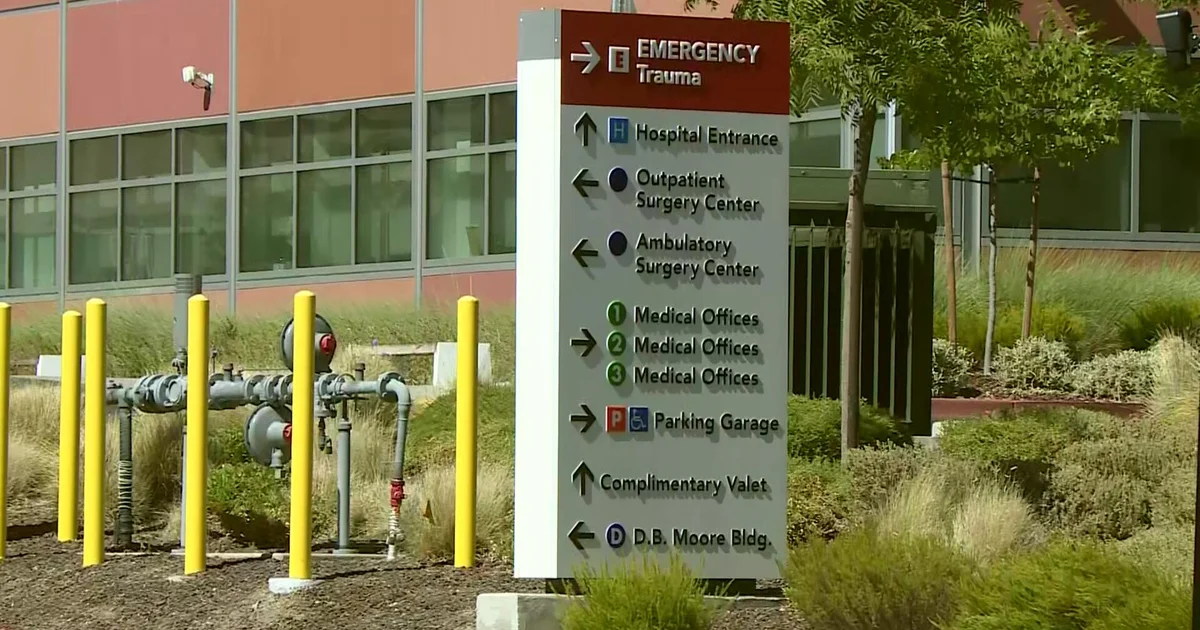

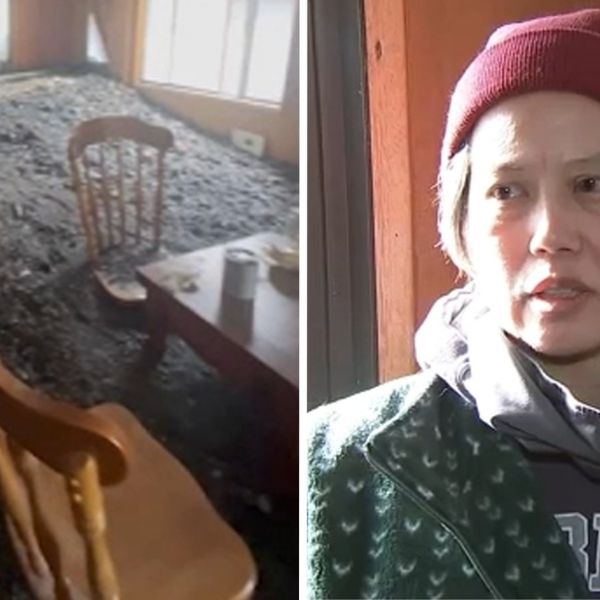
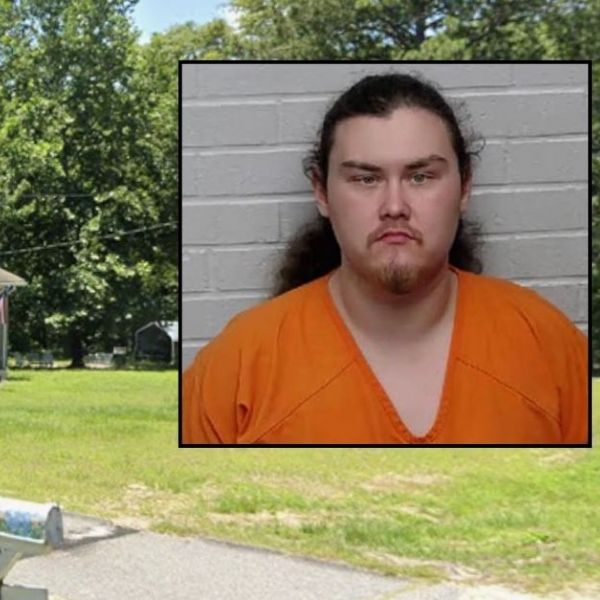
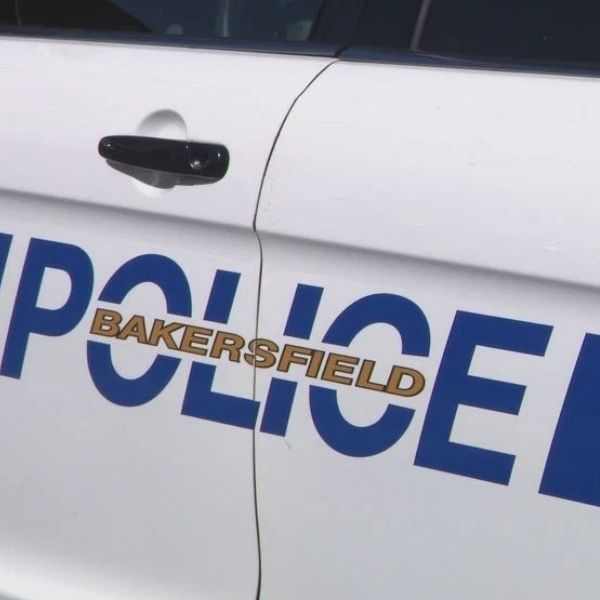
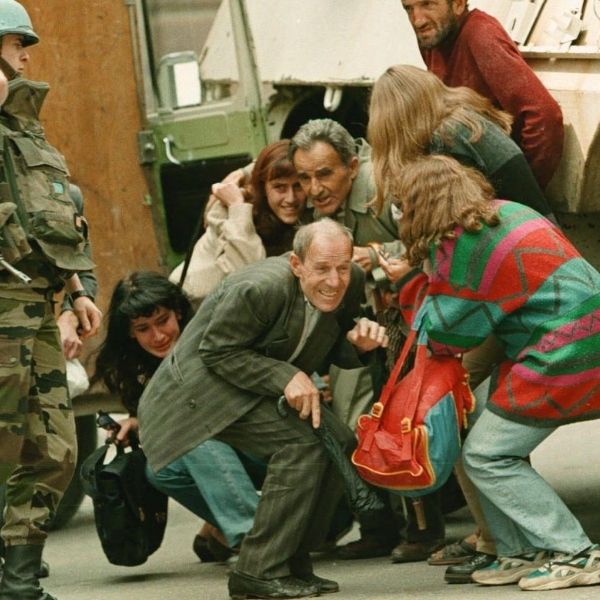









Leave a Reply